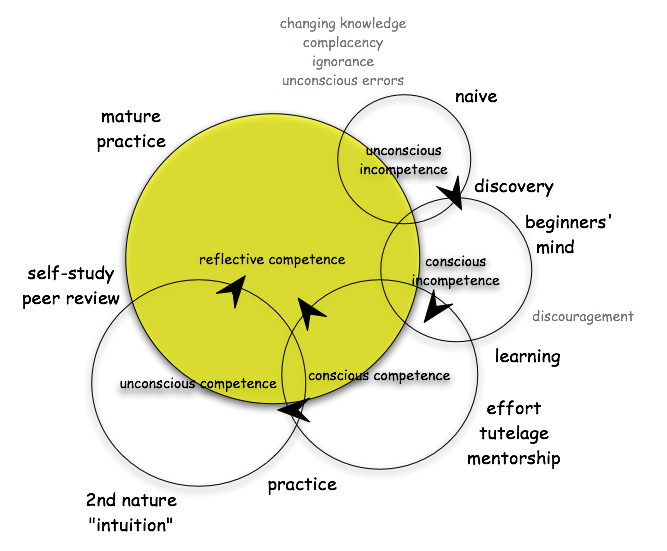As soon as you walk into the airport check in counter of the specific airline that you are flying with, you may have observed that the flight personnel approach you and ask you these questions
Which class are you flying?
Where are you flying to?
Are you flying business class?
For a seasoned traveler and a traveler who is in a hurry to check in and go through immigration and security, answering these irrelevant questions is probably a waste of time. They know where they are going, which line they need to check in and which class they are flying.
Even for relatively new travelers, answering those barrage of questions asked either loudly or as a matter of fact, may be a waste of time.
Probably a better question may be
How may I help you ?
Do you need help?
In case you need help, please ask me, my name is …..
No matter what services you are offering or what you are doing or whom you are being, self-awareness is crucial.
Often, when I am either coaching my clients or conducting workshops or facilitating, I am often asked how does one become self-aware?
Cultivating Self-awareness can vary from person to person. Hint: observe, listen and self-coach.
Self-coaching can be done by asking questions of yourself. Asking pertinent questions of yourself and others is a great way to engage in fruitful conversations with others and also with yourself (by way of self-talk).
What questions can ask yourself to cultivate self-awareness?
→1.Did I show genuine interest whilst conversing with others? If not, why not? How can I improve myself?
→2.Did I accept my mistake when I made one? If not, what was the reason for the hesitancy? How can I become better at accepting my mistakes ?
→3.Do I know what made me uncomfortable in that specific situation ? If yes, how can I get over it, if something similar happens next time?
→4.What were the reasons I hesitated to speak up ?
→5.How can I remind myself to listen actively when I am distracted?
→6.Did I appreciate and recognize my team mates and my partner or spouse and my near and dear ones, especially when they deserved it? When I recognized them, did I express it genuinely?
→7.Did I give into my anger or did I recognize it and took steps to overcome it in a healthy way?
→8.How well am I able to manage my emotions from moment to moment, in every moment of choice?
→9.We are all biased, did I give into my bias or took a step back to behave differently?
→10.
→11.Am I behaving and acting in a way that reflects my values? Am I giving respect to others values?
→12.Am I adding value in what I do and who I am in the situation in front of me?
→13.Do I enrich diversity in my day-to-day activities and in who I am ?
→14.Do I criticize, condemn and complain when I am frustrated ?
→15.How do I react to changes and challenges that come my way?
This is not an exhaustive list of questions but a good start to think and ask of yourself.
Self-awareness starts with being aware of the impact of your behaviors and actions in every moment of choice. Every action has a reaction and how are you being in the moment?
. Your character is tested in moments of adversity and challenge and not when life is on a cruise.
How are you cultivating self-awareness?
To cultivate self-awareness and overcome inner fears, please consult me for either one-on-one coaching, group coaching, facilitation, workshops or as a speaker.











